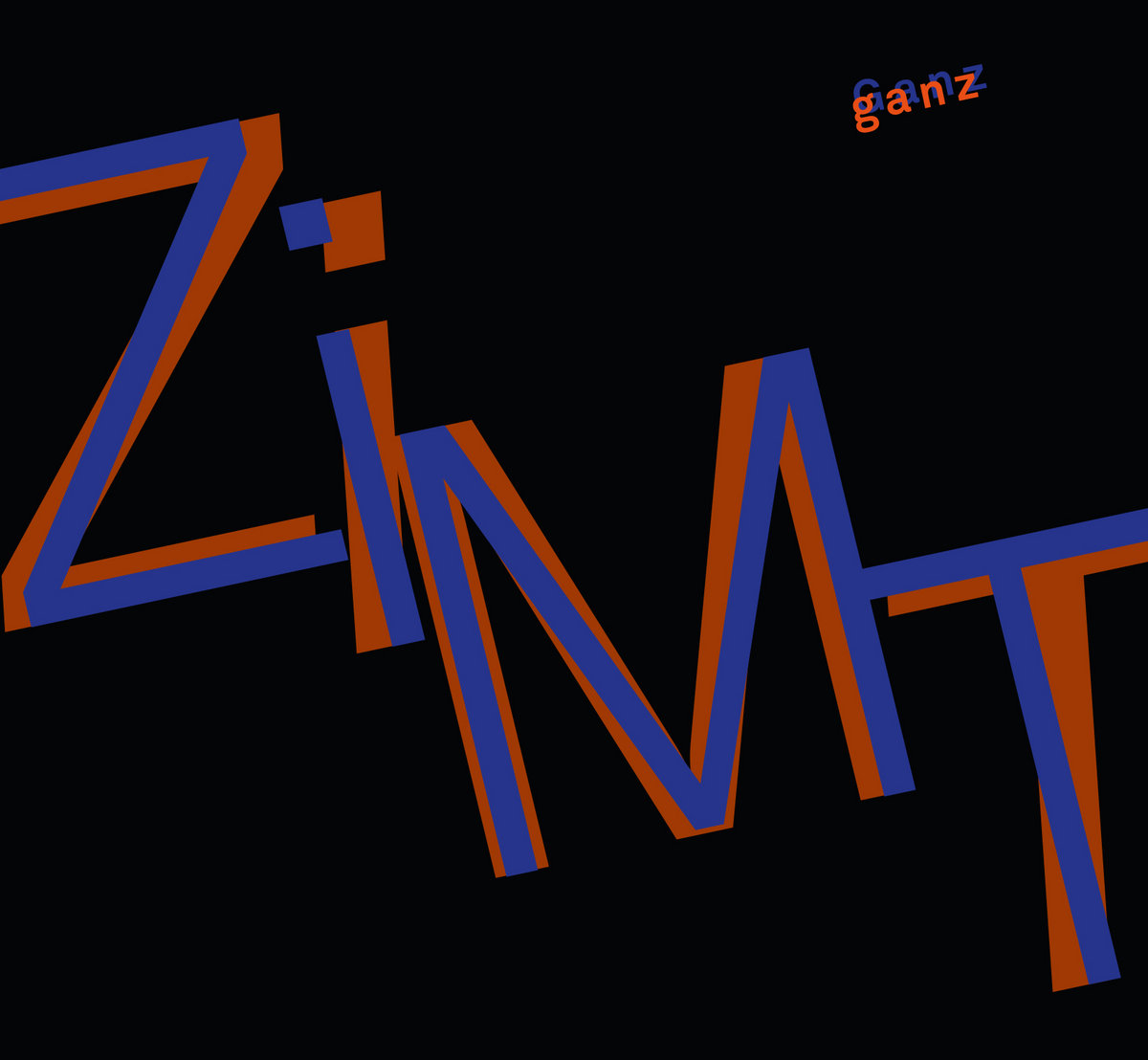Das vor fünfzehn Jahren als Quartett gegründete Enselble Zimt um die Mehrfachinstrumentalistin Angélica Castelló bringt ein neues Album heraus. “Ganz” enthält einen lange Track basierend auf Flöte, Klarinette, Hackbrett, Elektronik und verschiedenen Gitarren. Nach einem eher bedächtigen Aufbau entwickelt sich das Stück zu einem spanneungsgeladenen, von intensiven Eruptionen geprägten Narrativ. “Ganz” erscheint auf CD und als Download mit Artwork von Monika Gold beim Wiener Label Beso de Angel.
“The ensemble, which originally acted as a quartet with Angélica Castelló, Paetzold flute and electronics, Barbara Romen, dulcimer, as well as Gunter Schneider and Burkhard Stangl on the contra-guitars and occasionally electric guitars, came together in 2007. Especially in the initial phase of its existence, ZIMT set itself the task of working on selected forgotten and neglected icons of 20th century music, adapting them anew and understanding and interpreting them differently. So, one of the world’s first reinterpretations of Marcel Duchamp’s „Erratum musical“ (1913), a work that can be considered the first written random composition ever created, was conceived for Zimt by Gunter Schneider under the name of “Duchamp Default“. John Cage, another godfather of the group, saw the handling with accident – when he diced his sounds with the oracle coins of the I Ching – as a possibility of arriving at supra-individual and thus perhaps universally valid solutions. This option, on the other hand, was one of the essential ideas in Duchamp’s conception of the „ready-mades“. Its musical counterpart is Cages 4’33: This piece, like his enigmatic composition Ryoanji, inspired by the Japanese rock garden in Kyoto, where always present on the ZIMT repertoire. Grounded in the ideas, compositions and concepts of music flowing into the open, as presented in all its diversity over the past century, ZIMT increasingly combined the rigour of the compositional shaping into freedom with the rigour of free improvisation into a clarity of fixed musical expression. The own, the „true“, became more and more important for ZIMT. This aspect was additionally strengthened by the fact that the clarinettist Kai Fagaschinski, known for his improvisational art as well as his compositional tenacity, enriched ZIMT with his strikingly distinguished sound art. It took a number of years of rehearsal and concerts before the quintet was released – with music from disparate spheres, a mixture of humour, sharpness, longing and danger.” (Beso de Angel)
